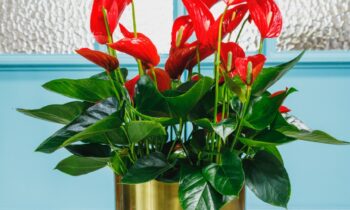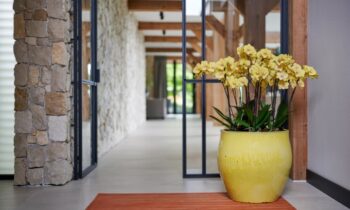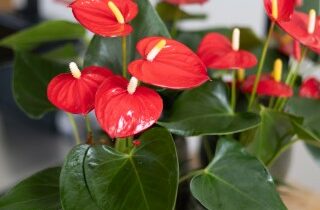Houchih Lin, General Manager at Royal Base Corporation, is with Royal Base Corporation since 2003. Before joining Royal Base, he worked as a system analyst and software engineer in the USA, and his academic background is in Computer Science and Physics. Although his education and work experience are not directly related to floriculture, his diverse professional background has helped him understand the significance of microclimates in greenhouses, environmental control equipment, and the importance of digitalization in the Orchid industry.
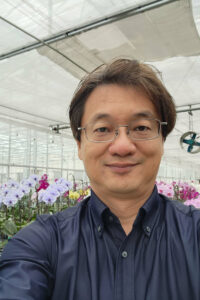
Houchih Lin, General Manager
Who/what is Royal Base/Apollo and what do you do?
Royal Base Corporation, headquartered in Taipei, Taiwan, has its farm located in Changhua County, central Taiwan. The company specializes in the breeding of Phalaenopsis varieties and producing Orchid tissue culture plants and young plants. Apollo Company, based in Lam Dong Province, Vietnam, mainly produces Phalaenopsis cut flowers, pot plants, and ready-to-cool plants. Royal Base and Apollo are completely independent entities, yet they collaborate closely. Royal Base is responsible for global sales and supplying Phalaenopsis tissue culture plants and varieties to Apollo, while Apollo handles production and sales in the Vietnamese market.
What is the history and construction of the company Royal Base/Apollo?
Royal Base was established in 2003 and spans 2.8 hectares, including 1.8 hectares of greenhouse and a clean room with 40 tissue culture benches. Similarly, founded in 2003, Apollo covers 66 hectares, with 11 hectares of greenhouses. Apollo plans to construct an additional 6 hectares of greenhouse over the next five years to meet customer demand for various Phalaenopsis products.
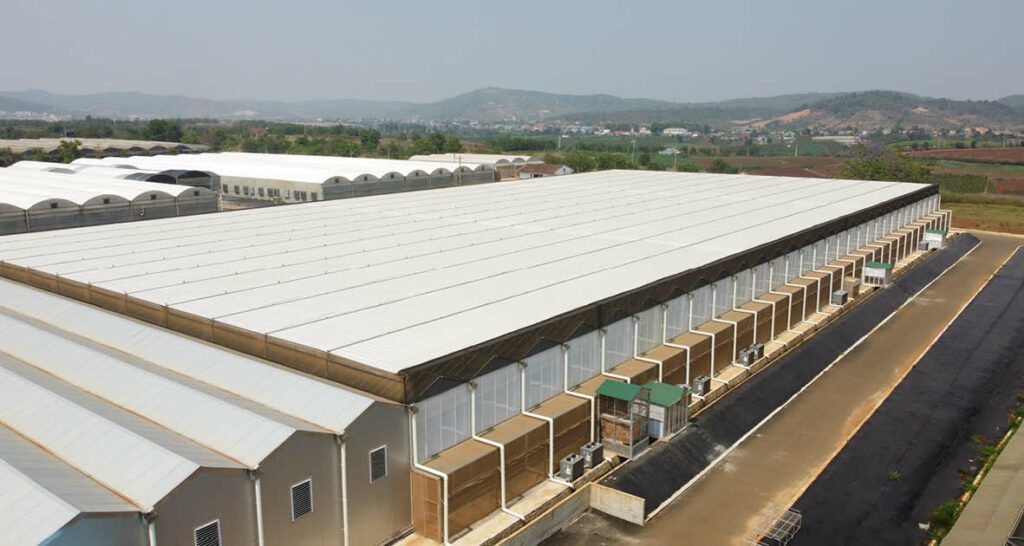
Greenhouse for Phalaenopsis
Can you tell something about the Royal Base’s current structure and developments in recent years?
Royal Base currently comprises several units, including a production unit, a tissue culture unit, a production management unit, a plant pathology team, sales unit, and administrative support units such as procurement, information technology, human resources, and finance.
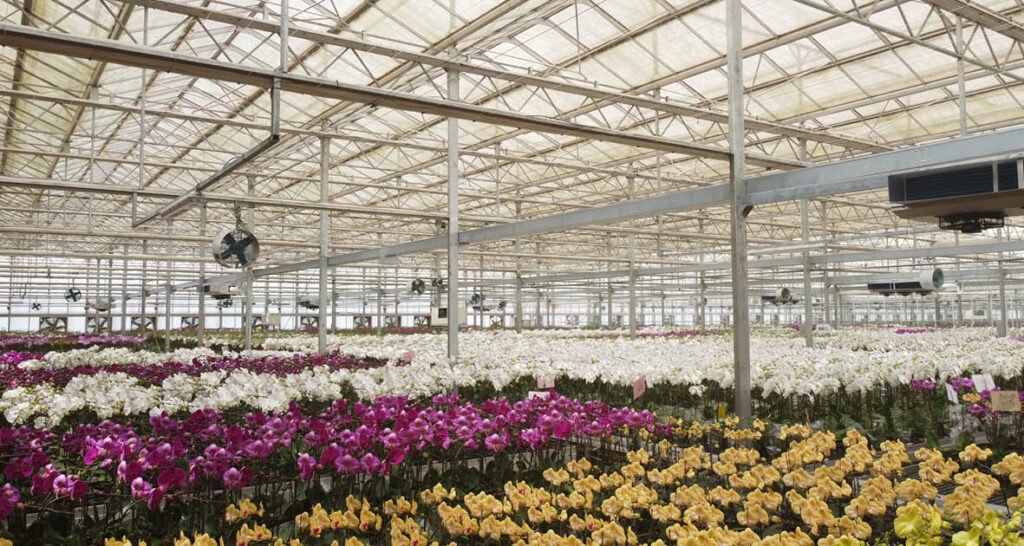
Greenhouse Phalaenopsis branches
Why did you choose Vietnam for production of Phalaenopiss branches?
Apollo Company is located in Lam Dong Province, Vietnam, at a height of about 1,000 meters. It’s situated in a tropical highland climate, characterized by minimal variation in day length throughout the year. The region enjoys strong sunlight with lower temperatures and stable climate conditions, like other important flower-producing regions of the world, such as Colombia, Ecuador, Kenya, and Ethiopia. Apollo Company covers 66 hectares and currently has about 320 employees.
To which countries are you exporting your Phalaenopiss branches?
We sell Phalaenopsis Orchid cut flowers to Japan, the United States, Australia, the Middle East, and Southeast Asia. Apollo Company is now one of the world’s largest producers of Phalaenopsis cut flowers. We also sell Phalaenopsis Orchid tissue culture plants to Japan and Southeast Asia, and Phalaenopsis pot plants to the Middle East and Southeast Asia.
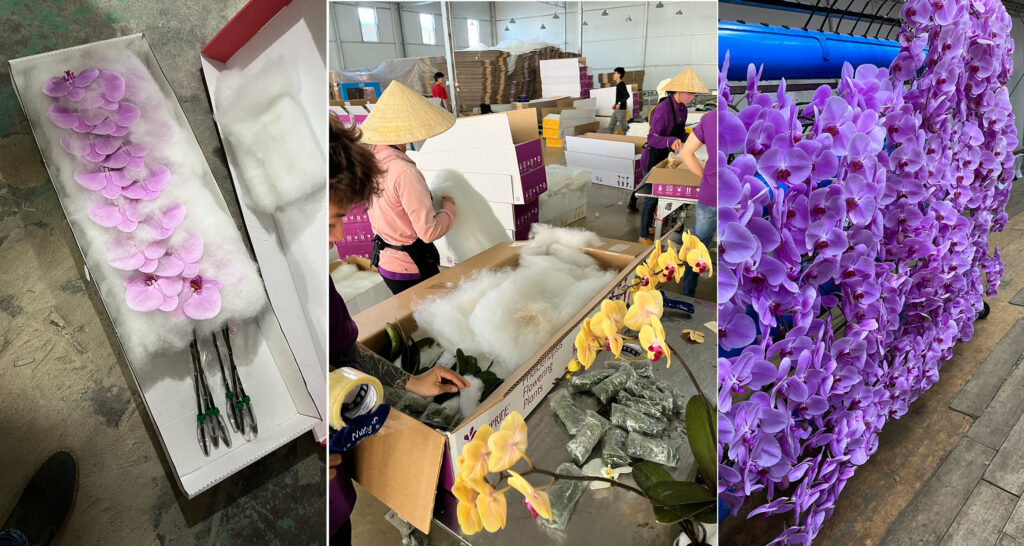
Snijphalaenopis verpakking
What are the main differences from the Netherlands in terms of sales and production?
In the Japanese market, the sale of Phalaenopsis cut flowers is like the Netherlands, requiring sales through auction markets. However, for cut flowers and pot plants in other regions, it’s necessary to directly deal with local importers or distributors. Additionally, tissue culture sales involve direct transactions with local growers.
In Europe, energy in combination with sustainability is a hot topic. How important is that for you?
Since 2010, we have been focused on sustainability in production. We have applied for certifications such as MPS ABC, MPS GAP, and Global GAP. Apollo Company’s cut flower production has been audited by the British Standard Institute to calculate the carbon footprint generated from producing and transporting a single cut flower to the customer’s country. Located in a tropical highland, Apollo’s energy usage is significantly lower than that in temperate or tropical/subtropical countries. Nevertheless, we are considering the future integration of solar power and geothermal energy to achieve our goal of net-zero emissions.
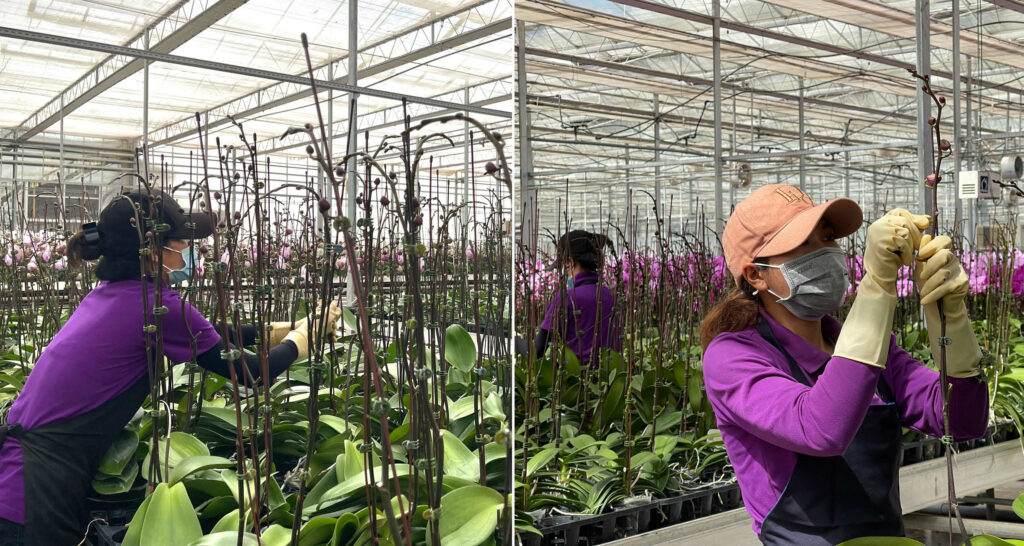
Production
And is sustainability an important topic for you and how does this express itself?
Sustainable development is crucial for us. We have observed an increasing frequency of extreme weather in both Taiwan and Vietnam, with this summer’s temperatures being 1 degree Celsius higher than in previous years. Additionally, we have noticed occasional depletion of underground water in recent years. To address this, we collect rainwater for irrigating our Phalaenopsis plants, aiming to minimize the extraction of underground water.
How do you see the future of the company and what are the biggest challenges?
We maintain a cautiously optimistic outlook for the future of various Phalaenopsis products. Currently, our products are in high demand and the supply is not meeting demand. We believe that, compared to roses, carnations, and tulips, Phalaenopsis is still an emerging product group in the flower and plant market. There are countries and regions where Phalaenopsis are not yet sufficiently supplied, and consumers cannot obtain high-quality, reasonably priced Phalaenopsis products.
Apollo Company currently utilizes some advanced equipment from Taiwan and the Netherlands. However, due to the remote location of our farms, getting immediate support for equipment maintenance is challenging, leading us to be cautious about adopting more advanced technology. Climate change is also a concern for us; it could render our existing equipment inadequate for maintaining the necessary environment for Orchid cultivation. We have had to invest in additional equipment to keep the quality, like installing air conditioning in our cut flower and pot plant greenhouses in recent years to achieve cooler temperatures.
Additionally, as we plan to expand our production area, we will need more manpower. However, attracting young talent is challenging since many prefer careers for young people in high-tech, finance, and service industries. The shortage of skilled labour could become a bottleneck in our future development.
What could other companies learn from you and vice versa?
Compared to Orchid companies in Taiwan, Japan, USA and the Netherlands that have been in business for 30 or 40 years, Royal Base and Apollo are relatively new and still learning, much like college students. We greatly value the knowledge and experience of these long-established growers and are thankful for their willingness to share, which has helped us progress more quickly. If there is an aspect where Royal Base and Apollo could serve as a model for other companies, it would be our team’s open-mindedness and willingness to learn from one another, sharing insights and knowledge discovered through our work.
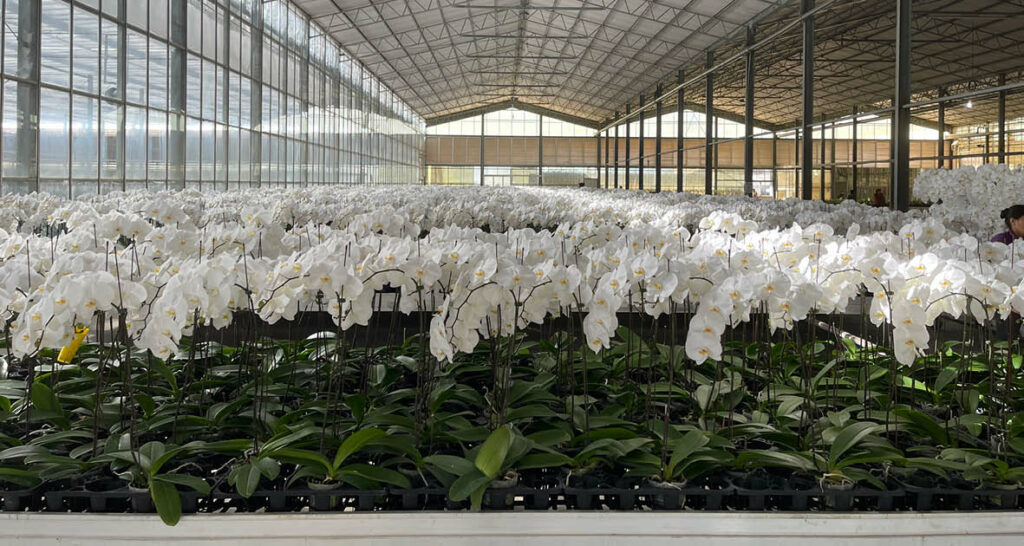
Production Phalaenopsis branches
What role does Anthura play in this?
In its early days, Apollo Company’s production staffs studied the Cultivation manual published by Anthura and invited Mr. Menno Gobielje to Vietnam for guidance. Anthura also arranged visits to Phalaenopsis growers in the Netherlands, allowing us to understand Dutch-style commercial flower production. This experience had a significant impact on us and was immensely helpful.
How do you experience the cooperation with Anthura?
Since our partnership in 2020, our liaison, Frank Verhoogt, shows exceptional sincerity and dedication. We have open and honest discussions, that greatly improves communication between us. Also, Anthura’s professionalism and effort to meet client needs, contribute to our good relationship.
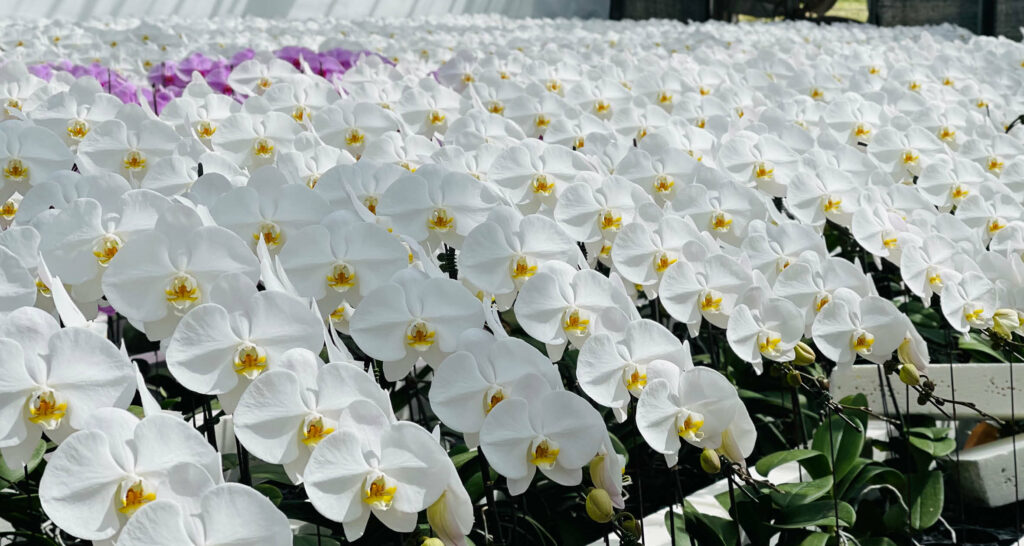
Waterfall type
What are your biggest challenges for the future?
Nurturing future leaders is a goal that both our chairman and I constantly keep at the forefront of our minds. In Taiwan, there are numerous highly successful industries that act as potent magnets, drawing in talent effortlessly. To stand out, our company must ascend to greater heights of success, presenting a more compelling vision and future. Demonstrating substantial revenue and profitability is crucial to inspire the younger generation to join our company and embrace the industry, giving them a sense of assured prospects.
My background in science and engineering means that leadership and management are not areas where I naturally excel. Uniting and rallying our staff around a common purpose has been a challenge for me, but I am resolutely dedicated to devoting more energy to learning and enhancing these skills.
Royal Base faces the future with confidence, also thanks to the nice cooperation with Anthura.





